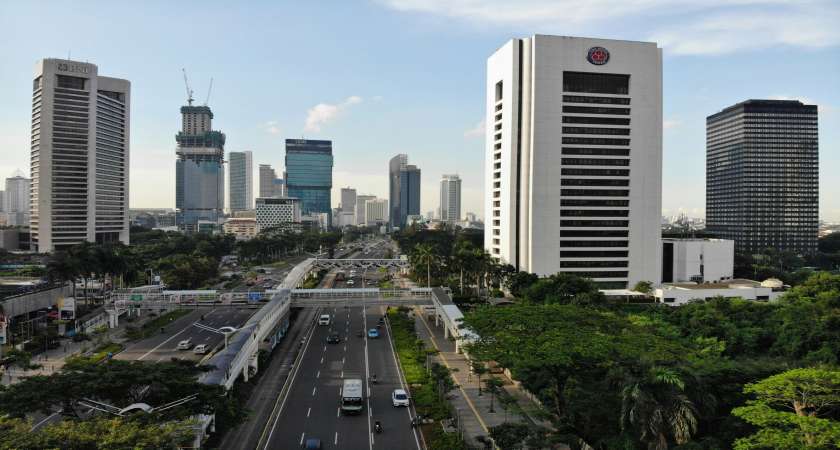FAQ on the New Indonesia Stamp Duty Law

On 26 October 2020, Indonesia’s government has promulgated a new stamp duty law through Law No.10 of 2020 on Stamp Duty which comes into effect on 1 January 2021 (“Law 10/2020”). The promulgation of Law 10/2020 has repealed and replaced the previous regulation, Law No.13 of 1985 on Stamp Duty (“Law 13/1985”).
We provide below Frequently Asked Questions (FAQ) with regard to Law 10/2020 for your reference.
1. What are the objects of stamp duty according to Law 10/2020?
The Stamp Duty Law specifies that stamp duty is applicable to the following objects:
- Any written document to be used on civil nature;
- The following documents that will be used as evidence in a court of law:
- Memory of Understanding (MoU), Letter of Reference, Statement Letter, or other related documents and its copies;
- Notarial deeds and grosse, including its copies and excerpts;
- Land Deed Officer’s deed along with its copies;
- Commercial papers in any name or form;
- Commercial paper transaction documents including futures contract transactions in any name and form;
- Auction documents in the form of excerpts, minutes, copies and grosse;
- Documents stating a sum of money above IDR 5 Million, that is: (i) describe the receipt of money or (ii) contain an acknowledgment of debt payment or settlement, either entirely or partially; and
- Other documents stipulated by Government Regulation (Art. 3 (1) and (2) of Law 10/2020).
2. How much is the rate of the new stamp duty?
The new stamp duty has a flat rate of IDR10,000 (Art. 5 of Law 10/2020). However, please note that the rate, type of documents, and the threshold for documents in point g above, could be reduced or increased through a Government Regulation corresponding to the national economy condition (Art. 6 (1), (2), (3), and (4) of Law 10/2020).
3. What types of stamp duty recognized by Law 10/2020?
Law 10/2020 recognizes the following types of stamp duty:
- Sticky stamps duty/meterai tempel;
- Electronic stamps duty; and
- Other forms of stamp duty as stipulated by the Minister of Finance (“MoF”) (Art.12 (2) of Law 10/2020).
In this regard, we note that Law 10/2020 now recognizes electronic stamps which will have a unique code and specific remarks. The government will issue a MoF to provide further stipulation regarding this matter.
4. Are the old stamp duties (IDR6,000 and IDR3,000) remain valid under Law 10/2020?
Yes, they remain valid and can be used for a year after the effective date of Law 10/2020 with a total value of minimum IDR9,000 (Art. 28 letter c of Law 10/2020).
We note that the minimum value of IDR9,000 can be a combination of: (i) 3 (three) IDR3,000 stamps; (ii) 1 (one) IDR3,000 stamp and 1 (one) IDR6,000 stamp; or (iii) 2 (two) IDR6,000 stamps.
5. What is Stamp Duty Collector according to Law 10/2020?
Law 10/2020 establishes the concept of a Stamp Duty Collector who has an obligation to collect, remit, and report the Stamp Duty to the Directorate General of Taxes (“DGT”). However, further provisions regarding this matter will be governed in a MoF regulation (Art.11 (4) and (5) of Law 10/2020).
6. Is there any stamp duty exemption facility provided by Law 10/2020?
Law 10/2020 provides the following stamp duty exemption facilities:
- Documents on the transfer of Land and Building rights within a framework of accelerating the process of handling and restoring social conditions due to natural disasters;
- Documents on the transfer of Land and Building rights solely for religious or non-commercial activities;
- Documents on the implementation of Government programs and monetary or financial policies; and/or
- Documents related to the implementation of International Agreements under binding international treaties or reciprocal laws (Art. 22 (1) of Law 10/2020).
The article above was prepared by Marshall S. Situmorang (Partner) and Aniendita Rahmawati (Associate).









